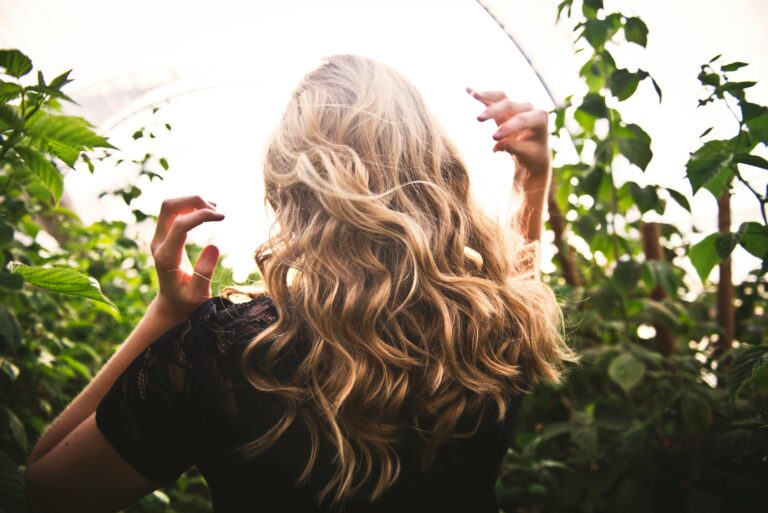True health and vitality originate from inside, yet in today’s fast-paced society, we frequently place too much emphasis on outward attractiveness and easy ways to seem better. The body is an...
From ancient times to the modern world hair has always been a significant factor of self-esteem, confidence and beauty. Ancient sculptures or paintings have always shown long thick hair, radiated...
With its natural cures for a wide range of illnesses and emphasis on internal well-being, Ayurveda has long been a mainstay of holistic medicine in India. Ayurvedic haircare practices are renowned for...



